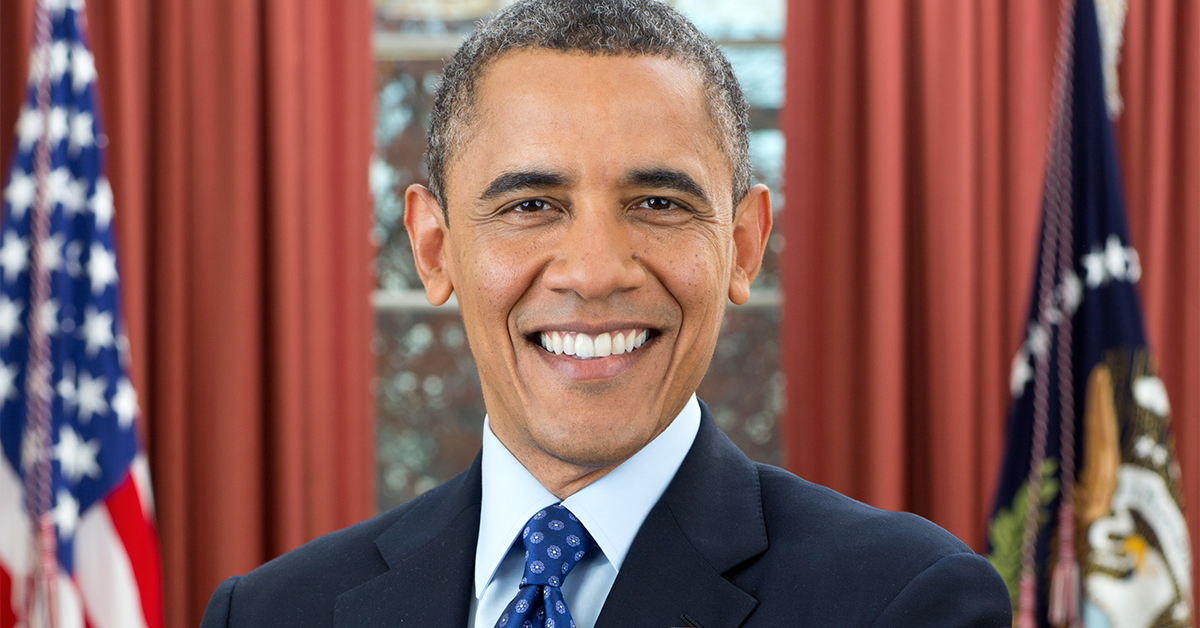
President Barack Obama is photographed during a presidential portrait sitting for an official photo in the Oval Office, Dec. 6, 2012. (Official White House Photo by Pete Souza)
Today, Medium Daily Digest served me one of the best 5-minute reads available on the web: US President Barack Obama’s open letter to the FCC, twisting their arm to do the right thing and save the Internet from ISP monopoly. For those who haven’t read it, let’s recap and remember how The White House supported (and still supports) the notion of an open Internet, amid wireless carriers’ appeal to the FCC’s June ruling.
What is net neutrality?
In plain English, it’s the principle that Internet service providers (ISPs) should not favor or block particular services or applications for competition purposes. To understand it even better, think about an Internet without net neutrality, where cable and phone companies could set in place “lanes” to slow or speed up content access as they – not you – see fit.
Without strict rules, ISPs could slow down its competitors’ content, or even block others’ views and opinions without consulting the public. Finally, ISPs could also charge extra fees to companies willing to pay for preferential treatment, thus severely affecting smaller content creators and ultimately deterring innovation and the growth of the Internet. Small entrepreneurs and startups stand to lose the most if the Internet loses its neutrality.
Obama’s ‘bright-line’ rules
Americans want an open Internet, and they have been extremely vocal about it. Through petitions and comments on social media, it has been argued more than 4 million times that the Internet is, and should remain an essential right, free of discrimination and monopolization. The White House agrees. For his part, in November 2014, Obama touted the web as a place that fosters innovation and creation, one that aids the American economy but also binds communities.
To keep things this way, the US President outlined four “bright-line” rules that he wanted the Federal Communications Commission (FCC) to consider while amending a law known as the “Telecommunications Act:”
No blocking. If a consumer requests access to a website or service, and the content is legal, your ISP should not be permitted to block it. That way, every player — not just those commercially affiliated with an ISP — gets a fair shot at your business.
No throttling. Nor should ISPs be able to intentionally slow down some content or speed up others — through a process often called “throttling” — based on the type of service or your ISP’s preferences.
Increased transparency. The connection between consumers and ISPs — the so-called “last mile” — is not the only place some sites might get special treatment. So, I am also asking the FCC to make full use of the transparency authorities the court recently upheld, and if necessary to apply net neutrality rules to points of interconnection between the ISP and the rest of the Internet.
No paid prioritization. Simply put: No service should be stuck in a “slow lane” because it does not pay a fee. That kind of gatekeeping would undermine the level playing field essential to the Internet’s growth. So, as I have before, I am asking for an explicit ban on paid prioritization and any other restriction that has a similar effect.
Let’s keep it that way
The White House believes these rules are flexible enough to not affect ISPs (at least not substantially), allowing for exceptions where needed. The rules apply to mobile Internet as well.
Obama acknowledged in 2014 that the communications watchdog acted independently, but urged the commissioners to listen to the public and protect the Internet from discrimination and monopolization. On June 12, this year, they did. However, the ruling is being appealed by Internet service providers, which means the war is not over.
Post A Reply